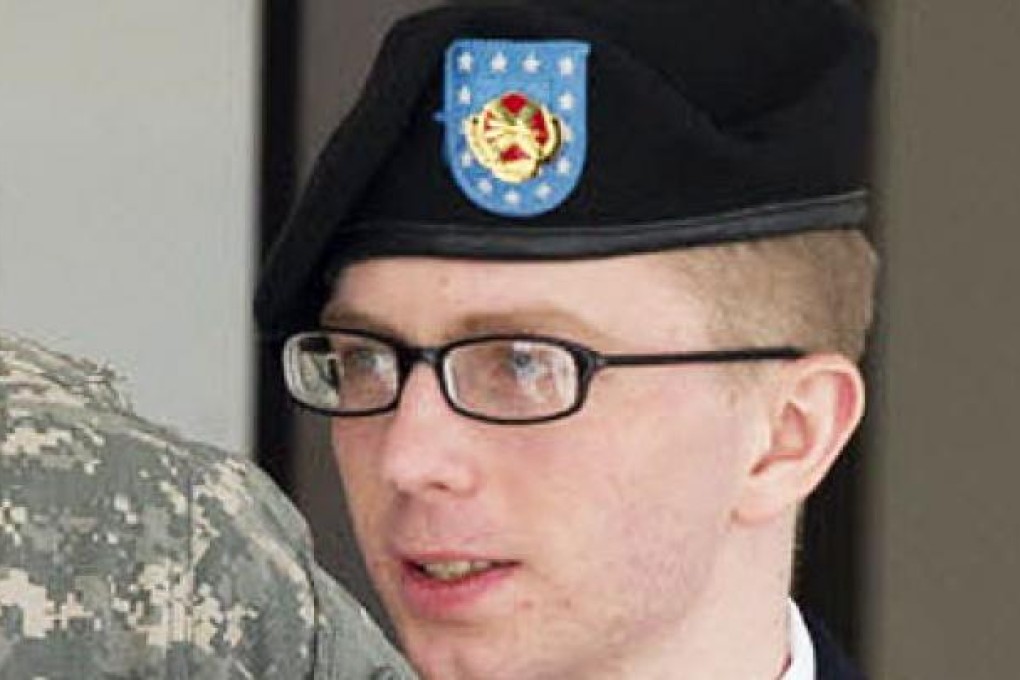
US military lawyers said on Wednesday that Army Private Bradley Manning, who is accused of passing secret documents to WikiLeaks, knew his actions were wrong as he had broken similar rules before.
A pre-trial hearing for Manning heard that he posted a video about his life on YouTube in 2008, but it was spotted and the “corrective training” he later received included guidance on how to protect sensitive intelligence files.
The 24-year-old soldier, who could be jailed for life over the WikiLeaks allegations – the biggest security leak in American history -- used banned military buzzwords including “classified” and “top secret” in the video.
It was meant to assure his family that he was coping with army life but instead it led to disciplinary action that included Manning having to give a PowerPoint presentation outlining how intelligence leaks could aid US enemies.
The military says the YouTube video is evidence that Manning was fully aware of the consequences when he released a huge cache of diplomatic cables and military logs to WikiLeaks, and the prosecution wants the YouTube video and the PowerPoint slides shown to the jury that will decide Manning’s fate next year.
The publishing by WikiLeaks of the official documents triggered a diplomatic firestorm that hugely embarrassed American officials who were left to deal with the fallout of the disclosures, which also rankled key US allies.